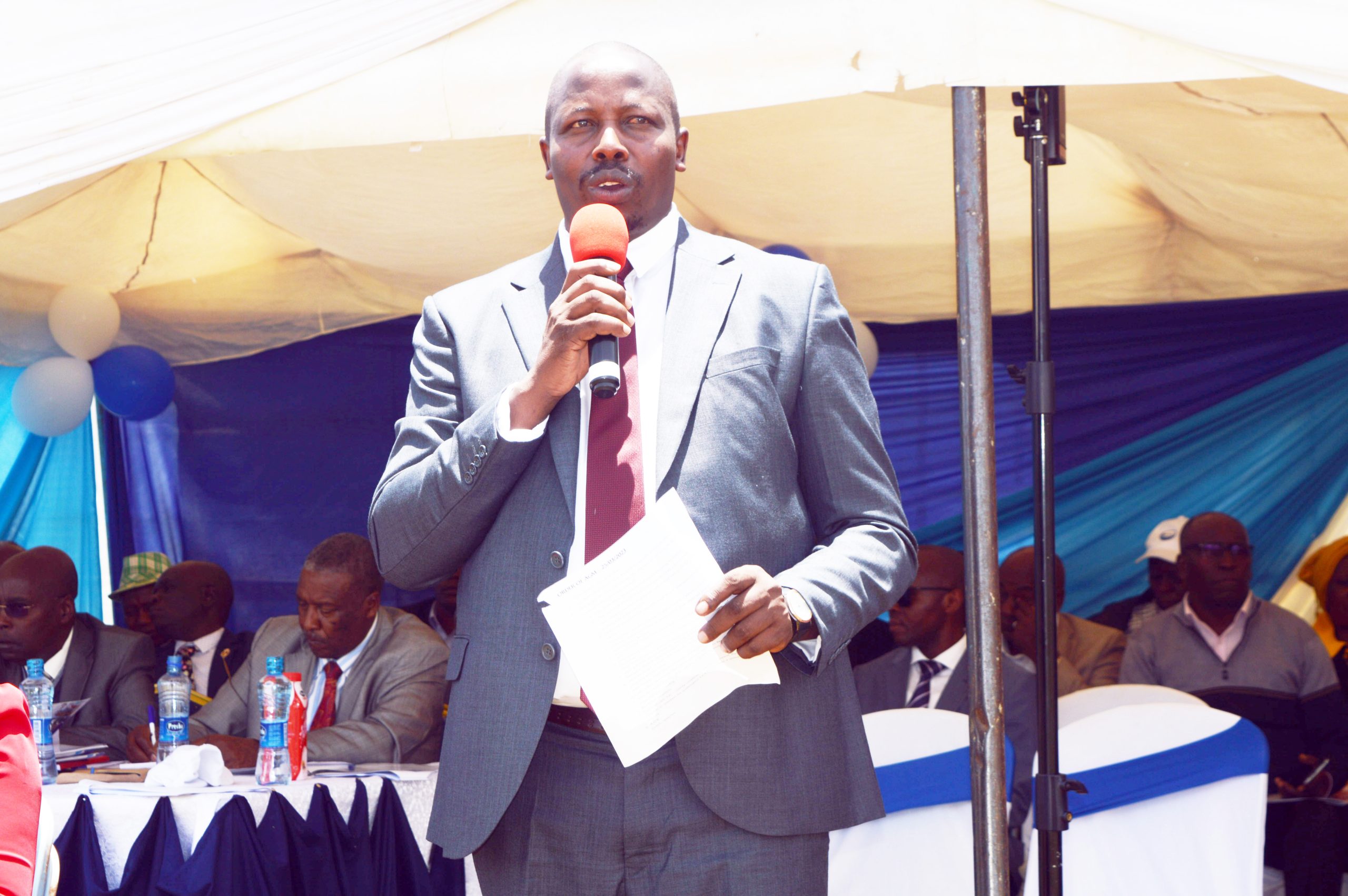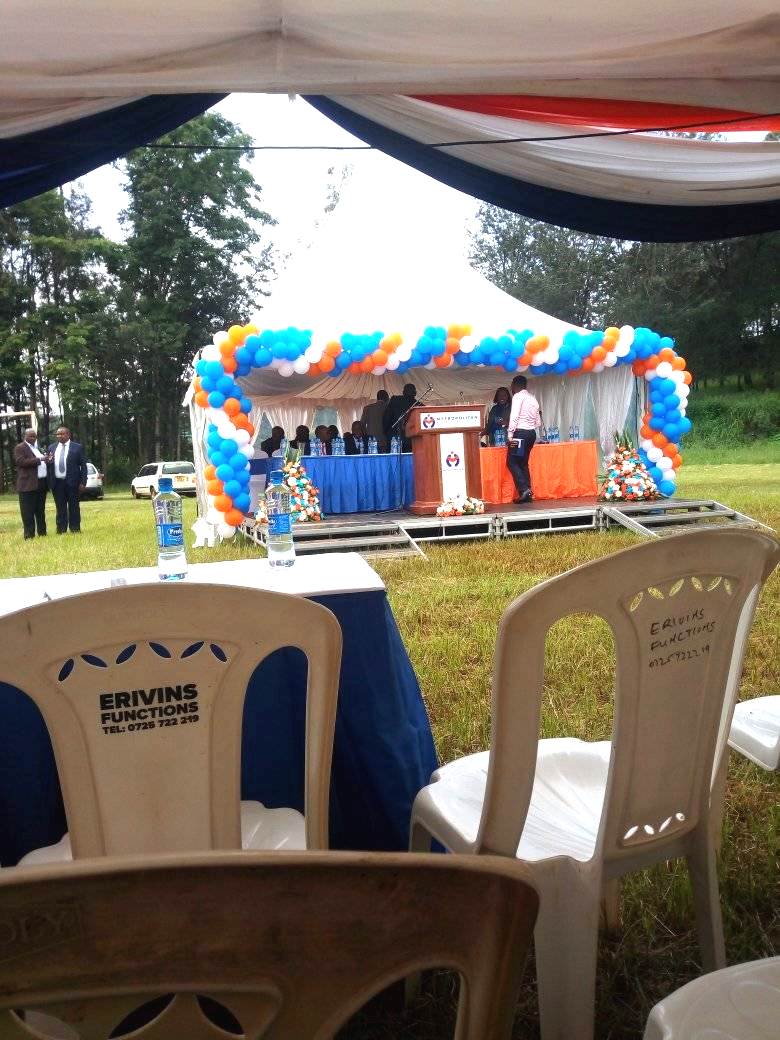Githunguri Dairy and Community (GDC) Sacco has decried the double taxation that they are subjected to by the government, calling on policy makers to review the relevant laws that have seen them paying duplicated duty on loans advanced to members.
According to Sacco chairman Joseph Gitau, they are taxed on members’ income and the same member is followed up with another tax while withdrawing money.
“We pay tax for individual members and then the same member is taxed over the counter. There is a lot of taxation to the same member and no one is talking about this thing,” Gitau said.
The Sacco, whose membership is drawn from the dairy sub-sector, is faced with high costs of production as animal feeds and fuel prices have skyrocketed exponentially over the past few years, hurting agribusiness.
“The challenge that we have is that we are dealing with the real farmers. The high cost of production of animal feeds and fuel is hurting the sub-sector, and the government should bring these costs down so that the farmer will be able to save his money. Now they are spending much of their money to fulfill their tax and other obligations, hence have nothing to save,” Gitau remarked.
He said there are a few organizations that are paying hefty taxes to the government, pleading with policy makers in Kenya Revenue Authority (KRA) and Treasury to climb down from their ivory tower and meet the farmer on the ground who is bearing the brunt of double taxation.
“Policy makers on taxation should come up with a clear idea of how to harmonize this. If they have a member’s data, then they ought to know how one contributes tax,” Gitau said.
Charles Kioko, GDC’s chief executive (CEO), said that the cost of animal feed has shot up sharply; hence the returns are minimal in terms of contribution to the Sacco and repayment of loans.
“We have been affected as a Sacco by the high cost of animal feed, minimizing returns and farmers’ contribution to the Sacco; forcing us sometimes to restructure loans as members are unable to faithfully repay their loans,” Kioko said, observing that systemic and continuous taxation has become a huge problem.
He revealed that the loan given to farmers is taxed at the processing level and transferred to the farmer’s account, exposing the loanees to a further taxation as they transact business.
“When a farmer takes up a loan, there is money that the Sacco deducts as tax. When we put that money in their account, it attracts more deductions in form of excise duty as they make withdrawals. We sat down as board and management and realized we were taking a lot of money from farmers,” Kioko said.
Nevertheless, he appreciated the efforts being made by the government to address their concerns, hoping the relevant ministry will soon look into their grievances as promised by the cooperatives Cabinet Secretary (CS) Simon Chelugui.
Meanwhile, to cushion themselves against the setbacks, the Sacco intends to expand its services abroad using technology so that more people are able to join the Sacco even from the diaspora. This way, it will net more revenue and reach economies of scale.
By Felix Wanderi
Get more stories from our website: Sacco Review
Kindly follow us via our social media pages on Facebook: Sacco Review Newspaper for timely updates.


